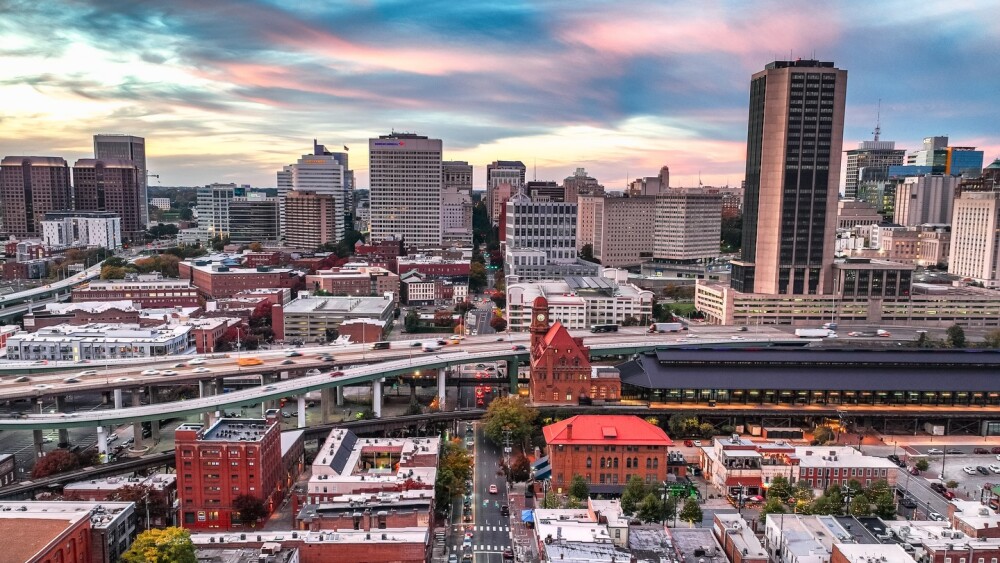PlanRVA has $1 million to work towards reducing greenhouse gases in our region. The group wants your help to determine what projects to pursue in the short and long term.
✍️ June update
The second phase of public engagement on the plan has begun, which includes a survey — open until Friday, June 28 — and several community feedback sessions.
The phase will help PlanRVA create a document detailing short and long-term strategies to reduce greenhouse gases around our region.
Register to attend an in-person or virtual community session, which will each tackle different topics addressed in the plan.
- Buildings | Friday, June 7 | 9 a.m. | Virtual
- Transportation | Friday, June 7 | 2 p.m. | Meadowdale Library
- Energy | Monday, June 10 | 9 a.m. | Virtual
- Agriculture and Working Lands | Monday, June 10 | 11 a.m. | Virtual
- Waste | Monday, June 10 | 11 a.m. | Virtual
- Energy | Tuesday, June 11 | 9:30 a.m. | 1717 Innovation Center
- Transportation | Wednesday, June 12 | 9 a.m. | Virtual
- Industry | Wednesday, June 12 | 11 a.m. | Virtual
💸 Background
With the help of a $1 million grant from the Environmental Protection Agency, PlanRVA is devloping a greenhouse gas reduction plan for the Greater Richmond Region. The area includes the city and surrounding localities, totaling over 1.3 million people.
🗓️ Timeline
PlanRVA expects to spend two years developing the plan. It starts with using community feedback to submit a document of priorities to the EPA. That’s due by March 1.
After PlanRVA submits that document, focus shifts to localities. Cities and counties can put in proposals for how they’d actually use funds to address these priorities.
Your locality has probably already started to draft ideas for projects and programs it would like to get funded. Billions of federal dollars are up for grabs to support local efforts.
Next year, PlanRVA will submit another document to the EPA with a long-term plan and year targets for reaching goals.
📫 Get involved
You can fill out the survey now to help accomplish the first task. It focuses on two sectors: transportation and waste. Transportation is the primary source of greenhouse gasses and air pollution in the region. Waste includes things like household trash and recycling, but also sewage and landfills.
The survey asks about how issues in these sectors may have impacted your life, and also which projects you’d be interested in seeing in your community. That could include anything from transitioning to electric school buses to eliminating single-use plastics.
It’s open to anyone in the region, so feel free to share. It takes around 5-10 minutes to complete and closes on Friday, Feb. 9.
We’ll keep readers updated with what projects get funding in the future.












